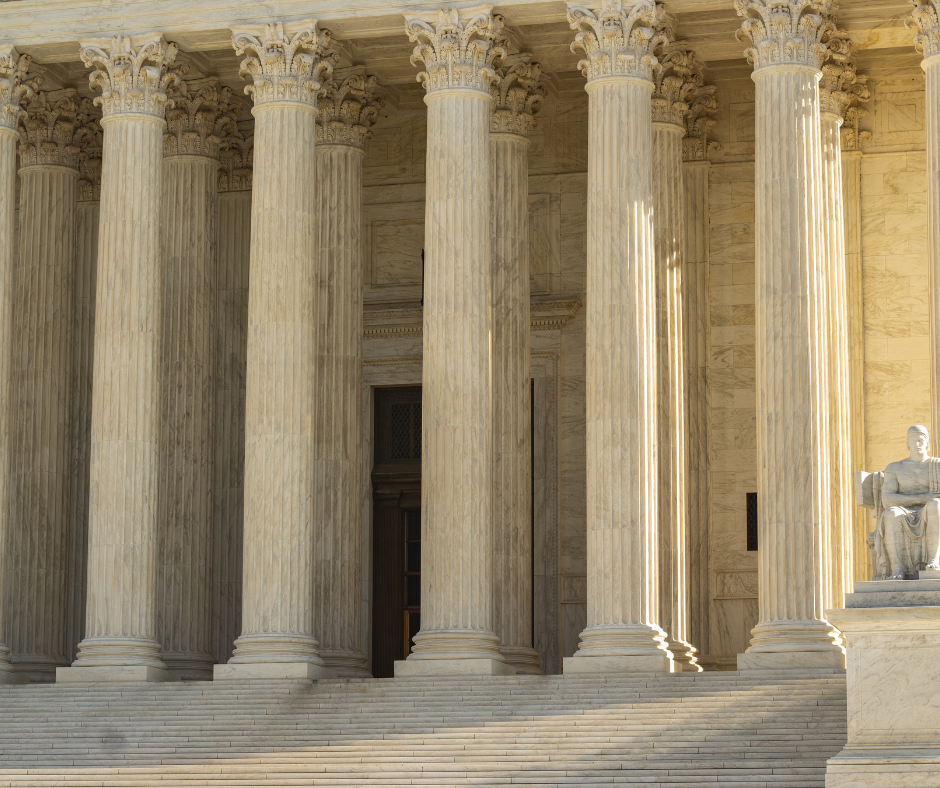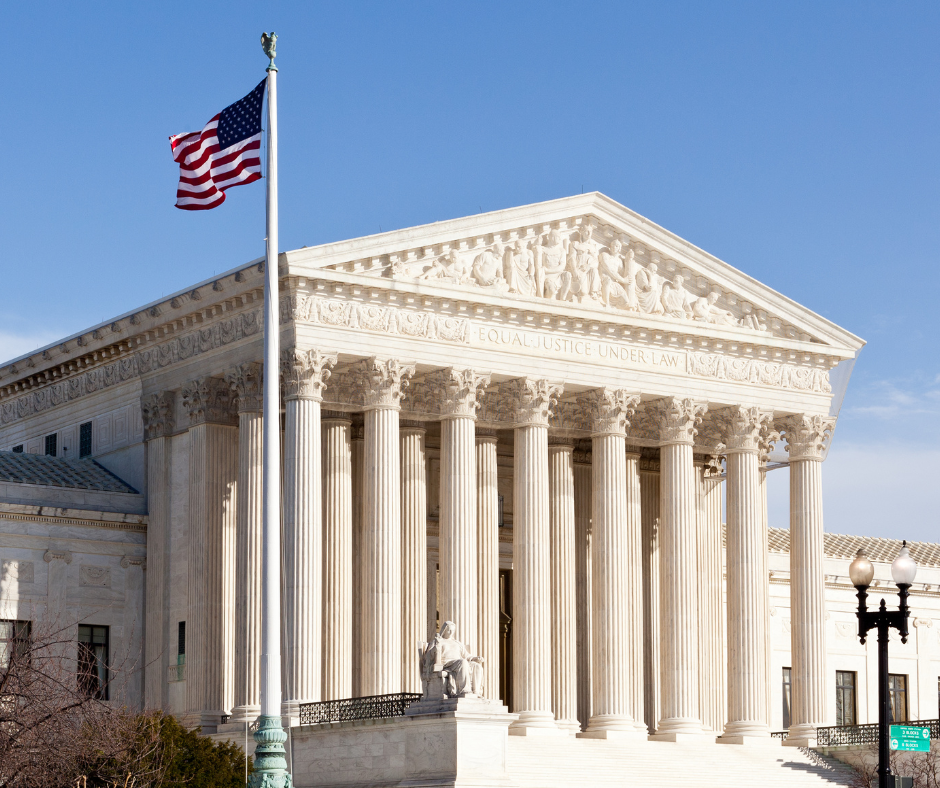The Supreme Court reaffirmed our freedom of speech in 303 Creative LLC v. Elenis on June 30th. The 6-3 decision in favor of Lorie Smith and her business, 303 Creative, will have far-reaching implications for every American.
This journey to the Supreme Court began when Smith decided to offer wedding website packages as part of her graphic design business. The state of Colorado, under the false guise of “anti-discrimination,” has adopted laws that would force people like Lori to speak messages they don’t agree with. Here in America we are familiar with the concept of freedom of speech, but the lesser-known aspect of free speech is the ability not to speak. The Constitution protects us from being forced to speak something (“compelled speech”), which is what the 303 Creative case was about – should Colorado have the power to require Loris Smith to speak.
Lori explained her perspective as a Christian business owner: “As a Christian who believes that God gave me the creative gifts that are expressed through this business, I have always strived to honor Him in how I operate it. Because of my faith, however, I am selective about the messages that I create or promote.” Smith said that while she “will serve anyone, I am always careful to avoid communicating ideas or messages, or promoting events, products, services, or organizations, that are inconsistent with my religious beliefs.”
Justice Neil Gorsuch, writing the majority opinion, said Smith is free from compelled speech and the decision to rule in her favor was simple because the “case presents no complication” of any kind. Forcing Smith to operate her business against her religious beliefs and speak a message that she doesn’t agree with is a violation of her constitutional rights
“A commitment to speech for only some messages and some persons is no commitment at all,” Gorsuch wrote. “[T]he Constitution’s commitment to the freedom of speech means all of us will encounter ideas we consider ‘unattractive,’ ‘misguided, or even hurtful.’ But tolerance, not coercion, is our [n]ation’s answer. The First Amendment envisions the United States as a rich and complex place where all persons are free to think and speak as they wish, not as the government demands.” (emphasis added)
“As Christians, we are instructed to do everything, including what we speak and how we work, as unto the Lord for His glory. We cannot check our biblical faith at the door of our vocation,” Tony Perkins, president of the Family Research Council said. “That understanding of free speech and religious freedom has long been protected by the First Amendment. I am grateful that the U.S. Supreme Court strongly reaffirmed this today.”
The Supreme Court’s ruling in 303 Creative establishes a concrete precedent for the long-standing issue of Christians being forced to deny their religious beliefs and accept the beliefs of others. We live in a country with religious freedom and the ability to operate businesses under the direction of our moral values, and the Supreme Court upheld that foundational view in this case.







